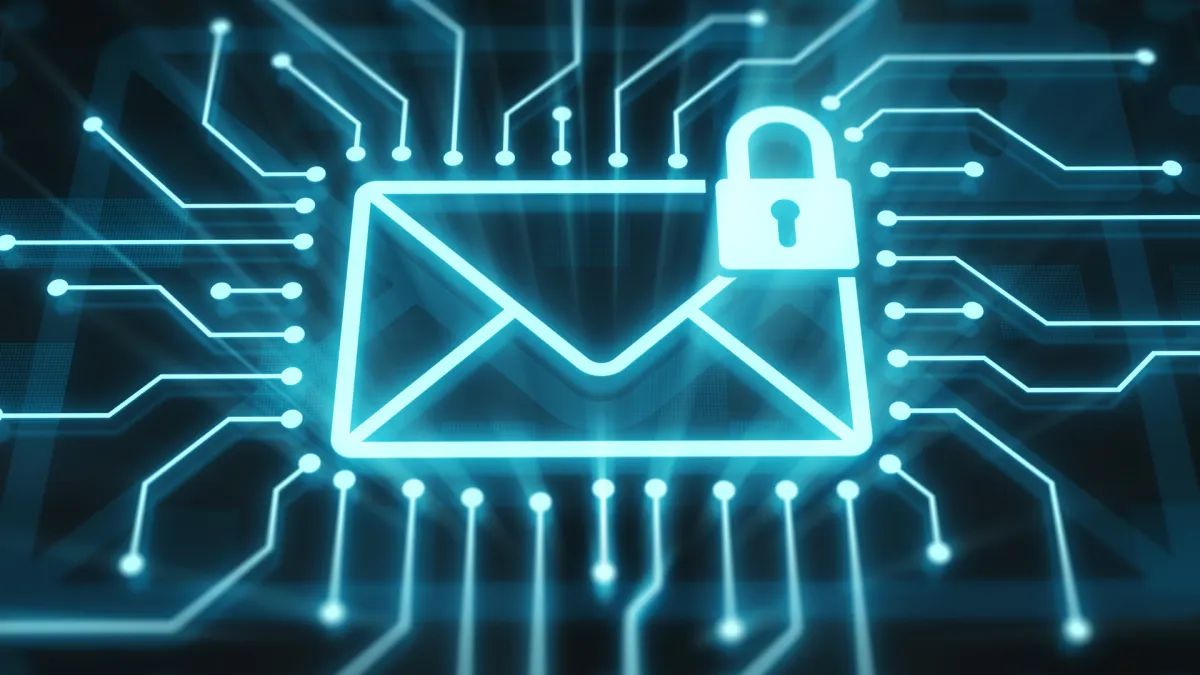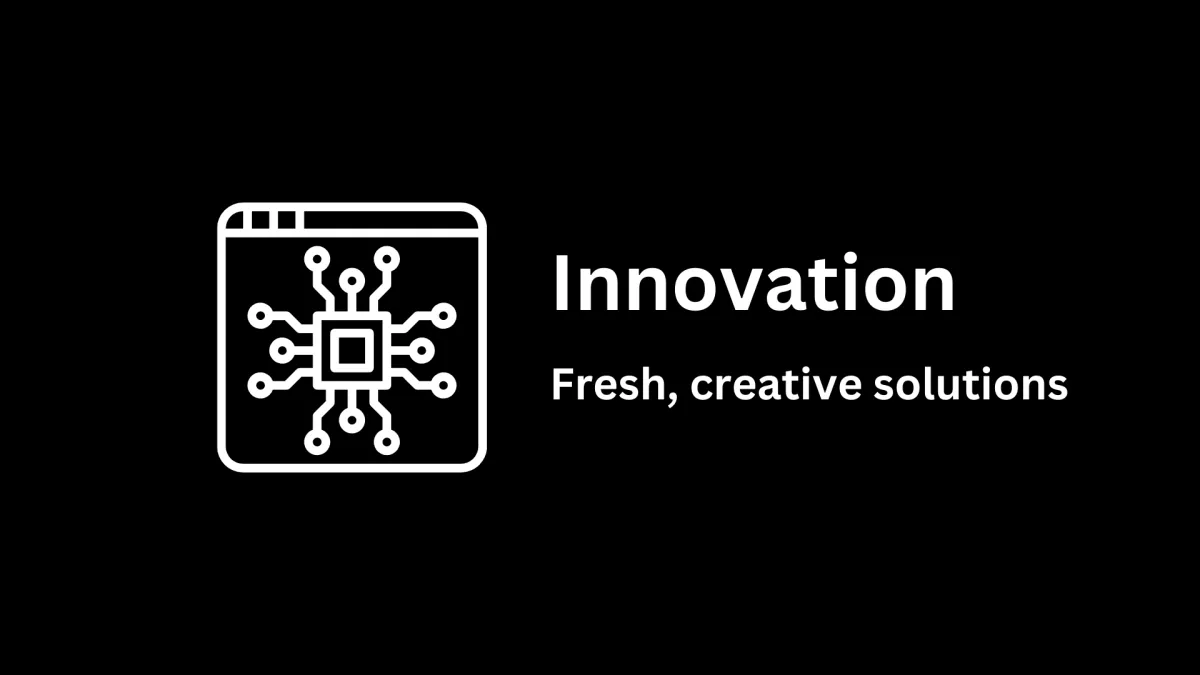Marketing Digiverse News
MaketingDigiverse


Creating an AI-Driven Strategic Marketing Plan for Optimized Email Marketing
“The last ten years of it have been about changing the way people work. The next ten years of it will be about transforming your business.” — Aaron Levie.
Introduction
In the ever-evolving landscape of digital marketing, email marketing remains one of the most effective channels for businesses to engage with their audience, generate leads, and drive sales. However, to truly maximize its potential, email marketing must be strategic, data-driven, and adaptive. Leveraging artificial intelligence (AI) can significantly enhance the effectiveness of email marketing by providing deeper insights, automating tasks, and personalizing content at scale. This article will walk you through a comprehensive step-by-step process to create an AI-driven strategic marketing plan specifically focused on optimizing email marketing efforts.
Step 1: Define Marketing Objectives and KPIs
Objective Setting
Begin by clearly defining the objectives of your email marketing campaign. Your objectives should align with broader business goals and might include:
Increase in email open rates
Higher click-through rates (CTR)
Lead generation and nurturing
Conversion rate improvement
Customer retention and loyalty
Setting Key Performance Indicators (KPIs)
Once objectives are set, establish KPIs to measure the success of your campaign. Examples of KPIs include:
Open Rate: Percentage of recipients who open the email.
Click-Through Rate (CTR): Percentage of recipients who clicked on a link within the email.
Conversion Rate: Percentage of recipients who completed a desired action, such as purchasing a product or signing up for a webinar.
Bounce Rate: Percentage of emails that were not delivered successfully.
Unsubscribe Rate: Percentage of recipients who opt out from the email list.
Step 2: Audience Segmentation and Persona Development
Audience Segmentation
Utilize AI tools to segment your audience based on various criteria such as demographics, behavior, purchase history, and engagement levels. AI-driven platforms like HubSpot or Mailchimp use machine learning algorithms to identify patterns and create segments that can be targeted with tailored messages.
Persona Development
Create detailed buyer personas for each segment. AI can assist in this process by analyzing data from various sources, including social media, website analytics, and customer interactions, to generate comprehensive personas. These personas should include:
Demographics: Age, gender, income level, etc.
Behavioral Data: Purchase history, website interactions, email engagement, etc.
Psychographics: Interests, values, lifestyle, etc.
Pain Points: Challenges or issues the persona is trying to resolve.
Preferred Channels: Email, social media, direct mail, etc.
Step 3: Crafting AI-Powered Email Content
Personalization
AI can significantly enhance the personalization of email content. Use tools like Persado or Phrasee to generate subject lines and body content that resonates with different segments. AI-driven content can be tailored to the individual level, incorporating the recipient’s name, previous purchases, and behavior to create a more engaging experience.
Dynamic Content
Incorporate dynamic content blocks within your emails that change based on the recipient's data. For example, a customer who has recently purchased a product may see recommendations for complementary items, while a new subscriber might receive a welcome discount.
A/B Testing with AI
A/B testing is crucial for optimizing email marketing campaigns. AI can automate this process, testing different subject lines, content variations, and send times to determine what works best. Tools like Optimizely and Google Optimize can be used for this purpose.
Step 4: Timing and Frequency Optimization
Send Time Optimization
AI can analyze recipient behavior to determine the optimal time to send emails. This can vary widely among different segments or even individual subscribers. Tools like Sendinblue or Mailchimp use predictive analytics to suggest the best send times.
Frequency Optimization
Determining the right frequency for sending emails is crucial to avoid subscriber fatigue while maintaining engagement. AI tools can analyze historical data to recommend the optimal frequency for each segment.
Step 5: Automation and Workflow Design
Automated Email Campaigns
Design automated workflows that trigger emails based on specific actions or behaviors. For instance, when a customer abandons their shopping cart, an AI-driven platform can automatically send a reminder email with a personalized discount. Tools like ActiveCampaign or Marketo can automate such processes, saving time and ensuring timely communication.
Drip Campaigns
Implement AI-driven drip campaigns to nurture leads over time. These campaigns deliver a series of emails over a set period, guiding leads through the sales funnel. AI can adjust the content and timing of these emails based on how recipients interact with each message.
Step 6: Data Analytics and Continuous Improvement
Data Collection and Analysis
AI excels in processing large volumes of data, which is essential for understanding the effectiveness of your email marketing campaigns. Use analytics tools like Google Analytics, HubSpot, or Mailchimp to track email performance and gather insights.
Predictive Analytics
Leverage AI for predictive analytics to anticipate future trends and customer behaviors. This can inform your strategy by identifying which segments are most likely to convert, unsubscribe, or engage with specific types of content.
Continuous Optimization
The insights gained from AI-driven analytics should be used to continuously refine and optimize your email marketing strategy. This might involve tweaking subject lines, adjusting send times, or even rethinking entire campaigns based on the data.
Step 7: Budgeting and ROI Calculation
Budget Allocation
With finite resources, it’s important to allocate your budget strategically. Start by estimating the cost of email marketing tools, content creation, and data analysis. AI-driven platforms might require an upfront investment, but they can lead to significant cost savings in the long term through improved efficiency and effectiveness.
Calculating ROI
To calculate the ROI of your email marketing efforts, use the following formula:

For example, if your email campaign generated $50,000 in revenue and cost $10,000 to run, your ROI would be:

Regularly track your ROI to ensure that your email marketing efforts are delivering a positive return. If ROI is lower than expected, use AI-driven insights to diagnose issues and adjust your strategy accordingly.
Step 8: Compliance and Best Practices
GDPR and CAN-SPAM Compliance
Ensure that your email marketing practices comply with regulations like GDPR (General Data Protection Regulation) and CAN-SPAM (Controlling the Assault of Non-Solicited Pornography And Marketing). AI tools can help manage compliance by monitoring opt-in and opt-out processes, tracking consent, and ensuring that your emails meet legal requirements.
Best Practices
Adopt best practices for email marketing, such as:
Maintaining a clean and updated email list
Using double opt-in to verify subscriber consent
Providing clear and easy opt-out options
Ensuring mobile-friendly email designs
Step 9: Case Study Example
Case Study: E-commerce Brand Using AI to Optimize Email Marketing
An e-commerce brand wanted to improve its email marketing performance. By implementing an AI-driven strategy, the company achieved the following:
Segmentation: AI tools segmented the audience based on purchase history and engagement levels.
Personalization: Personalized product recommendations were generated using AI, leading to a 25% increase in click-through rates.
Automation: Automated workflows were set up for cart abandonment, leading to a 30% increase in recovered sales.
Timing Optimization: AI determined the best send times, resulting in a 15% increase in open rates.
The overall ROI of the campaign was calculated at 500%, showcasing the effectiveness of an AI-driven approach.
Step 10: Resources and Tools
To implement an AI-driven email marketing strategy, consider the following tools and resources:
HubSpot: Comprehensive marketing automation platform.
Mailchimp: Email marketing service with AI features.
Persado: AI-driven content generation.
Phrasee: AI-powered subject line optimization.
Sendinblue: Email marketing platform with send-time optimization.
ActiveCampaign: Marketing automation and CRM.
Google Analytics: Web and email performance analytics.
Optimizely: A/B testing and optimization.
Conclusion
Creating an AI-driven strategic marketing plan for email marketing requires careful planning, data-driven insights, and continuous optimization. By leveraging AI tools, businesses can enhance personalization, automate workflows, and ultimately achieve better results with their email campaigns. As the digital marketing landscape continues to evolve, staying ahead of the curve with AI will be essential for maximizing the impact of your email marketing efforts.
Let Us Help
Unlock the future of your business with strategic AI marketing planning, training, and guidance from MarketingDigiverse™. Our expert team will help you harness the power of AI to elevate your marketing efforts and drive growth. Whether you're looking to refine your current strategy or build a new one from the ground up, we offer tailored solutions that deliver results. Don't miss out on this opportunity to lead your industry — contact us today at [email protected] and let us help you formulate, implement, and refine a winning strategic AI marketing plan that works for your business!
Other Highly Regarded Resources





Artificial Intelligence:
+ Boosts Efficiency through Automation: Streamlines operations, reduces costs, and enhances productivity by automating routine tasks.
+ Improves Customer Experience: Delivers personalized, seamless interactions that increase customer satisfaction and loyalty.
+ Enables Data-Driven Decisions: Provides actionable insights through real-time data analytics, driving smarter business strategies.



Contact Us
MaketingDigiverse
2201 N Lakewood Blvd, D108, Long Beach CA 90815
(626) 637-7603
Connect
© 2012-2025 MarketingDigiverseTM | Affiliate of SoCal Digital Studio |
All Rights Reserved
